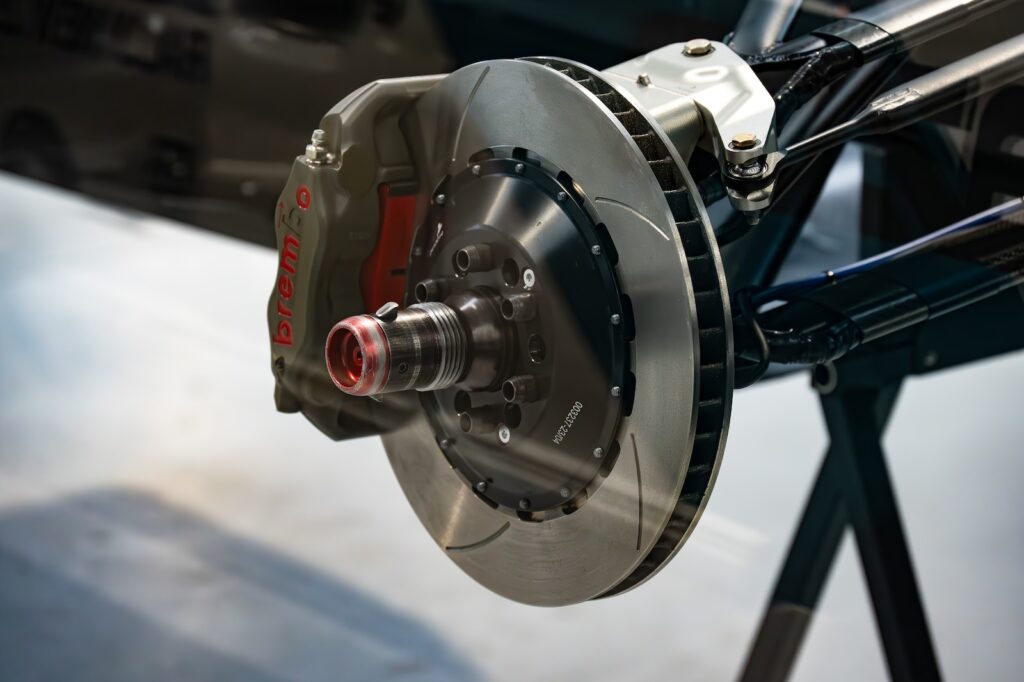The Pros and Cons of Brake Drums vs Brake Discs
When it comes to the braking system of your car, there are two main types of components that are commonly used: brake drums and brake discs. Each of these has its own set of advantages and disadvantages, and in this article, we will delve into the pros and cons of both.
Brake Drums
Brake drums have been around for a long time and are commonly found in older vehicles. Here are the pros and cons of using brake drums:
- Pros:
- Cost-effective: Brake drums are generally less expensive to produce and replace compared to brake discs.
- Durability: They are known for their durability and can withstand high temperatures and heavy loads.
- Low maintenance: Brake drums require less maintenance and are less prone to damage from debris and water.
- Quiet operation: Brake drums tend to produce less noise during braking, resulting in a quieter ride.
- Self-adjusting: Some brake drum systems have self-adjusting mechanisms, ensuring consistent brake performance over time.
- Cons:
- Heat dissipation: Brake drums are not as effective at dissipating heat as brake discs, which can lead to reduced braking performance under heavy use.
- Weight: Brake drums are generally heavier than brake discs, adding extra weight to the vehicle.
- Brake fade: Brake drums are more prone to brake fade, which is a decrease in braking power due to overheating.
Brake Discs
Brake discs, also known as rotors, are commonly found in modern vehicles. Let’s take a look at their pros and cons:
- Pros:
- Superior heat dissipation: Brake discs are designed to dissipate heat more effectively, making them less prone to brake fade.
- Lightweight: Brake discs are generally lighter than brake drums, which can improve the overall performance and fuel efficiency of the vehicle.
- Braking performance: Brake discs provide better stopping power and more consistent braking performance, especially in high-performance vehicles.
- Style: Brake discs are often more visually appealing and can give your car a sportier look.
- Cons:
- Cost: Brake discs are typically more expensive to produce and replace compared to brake drums.
- Maintenance: They require more frequent maintenance, including regular inspections and potential rotor resurfacing or replacement.
- Noise: Brake discs can produce more noise during braking, especially when they are worn or improperly installed.
The Verdict
So, which is better, brake drums or brake discs? The answer depends on various factors, including the type of vehicle, driving conditions, and personal preferences. Brake drums are a cost-effective and durable option, ideal for everyday driving and older vehicles. On the other hand, brake discs offer superior performance and heat dissipation, making them a better choice for high-performance vehicles and heavy-duty applications.
Ultimately, it’s essential to consult with a qualified mechanic or brake specialist to determine the most suitable braking system for your specific needs. They can provide expert advice and help you make an informed decision.

